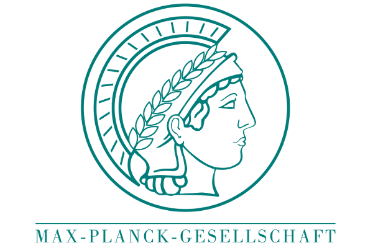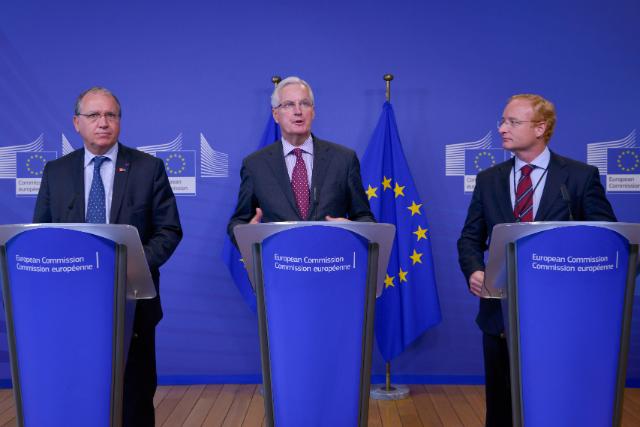

THE EPO does not need the UPC and certainly does not want it. The management of the EPO, i.e. Team Battistelli, wants the UPC and has plenty to gain from it, including an excuse to shut down the Boards (or at least making them highly irrelevant, marginal).
"The management of the EPO, i.e. Team Battistelli, wants the UPC and has plenty to gain from it, including an excuse to shut down the Boards (or at least making them highly irrelevant, marginal)."When we refer to the UPC we refer to a dubious court system wherein the accused can be subjected to judgments in a foreign language, issued overseas by judges whose reappointments depend on a subjective measure of 'performance'. The French head/chief of UPC (this position was promised to France) is possibly Battistelli, who allegedly quite arrogantly assumes he can return to being 'king' (of a court this time around) with all the powers 'reserved' just for him. It's for France to benefit from, as usual. Do not forget that António Campinos is also French and the 'French' (Forbes France is actually US-controlled) media wrote about him yesterday evening ("Pourquoi La France Doit Rester Présente Dans La Gouvernance Des Brevets Européens"). As we pointed out less than a day ago, Forbes is a patent maximalists' think tank.
What about think tanks that aren't beholden/controlled by billionaires? Well, the Germans often take pride in the Max Planck Institute, among few other institutions. And guess what the Max Planck Institute has to say about UPC...
"The French head/chief of UPC (this position was promised to France) is possibly Battistelli, who allegedly quite arrogantly assumes he can return to being 'king' (of a court this time around) with all the powers 'reserved' just for him."Florian Müller and Benjamin Henrion point to Team UPC's Thomas Adam, who himself admitted this problem in a series of three tweets: "From Max Planck Institute for IP : ââ¬Å¾[...] unitary patent protection cannot be dissociated from the general legal order of the EU’s Internal Market & extended to the UK once it has left the Union. Any such extension is incompatible with the autonomous [...] character of EU law and its institutions, will result in a legally split unity for separate and separately regulated markets, and conflict with both the UK’s and the EU’s public interests in defining and implementing a patent policy of their own. [...] Since the core objective of the UPC Agrmt is to establish for the adjudication of UP protection a common court of EU Member States that, as such, forms part of the judicial system of the EU, continued participation in the UPC Agrmt of the UK post Brexit _will not be possible_.“"
Benjamin Henrion supplied the direct PDF link [PDF], getting past the paywall.
Perpetuating the two lies of Team UPC (in the UK), the UK-based Patrick Wingrove from a UK-based UPC advocacy site wrote about it last night:
An association of German research institutes has concluded in a paper that extending unitary patent protection to the UK post-Brexit through an international convention would create a “fictitious unity” that is incompatible with EU law
An association of German research institutes concluded in a paper published this week that the UK remaining in the UPC system after Brexit would be incompatible with EU law.
"The key takeaway here is that UPC is only open to EU members and if Britain leaves the Union, then the whole UPC cannot have dependencies in it (as it does) relating to the UK."From what I've read, Turkey's patent system is a corrupt thing plagued with nepotism and government favouritism. It's hard to see why anyone other than a Turkish firm or a Turk would apply for patents there, but days ago there was shameless self-promotional marketing by Fatih YalinbaÃ
Ÿ (Nazali) in Mondaq, published under the headline "Reasons For Making First Application In Turkey" (if it sounds like an advertisement, it may be because it really is).
Turkey is not an EU member. If Brexiters get their way, the UK won't be either. This means that the UPC goes nowhere and the three Frenchmen (below) remain hopeless, having spent a lot of effort pushing the UPC for many years (self interest, not Europe's interest). ⬆
